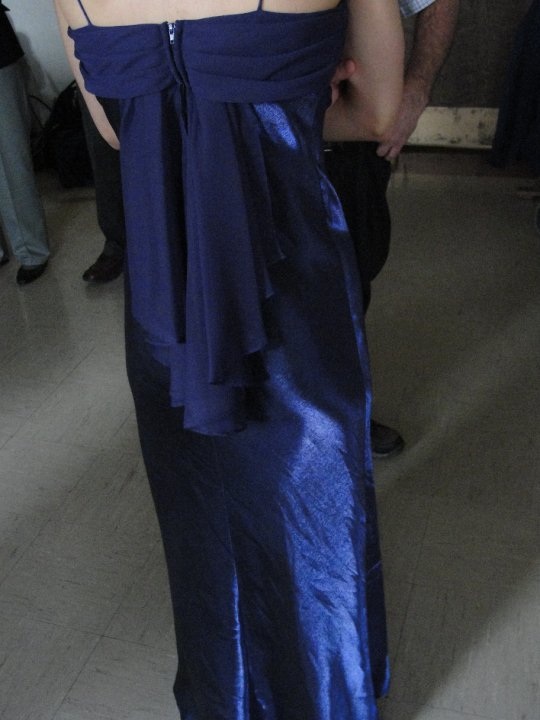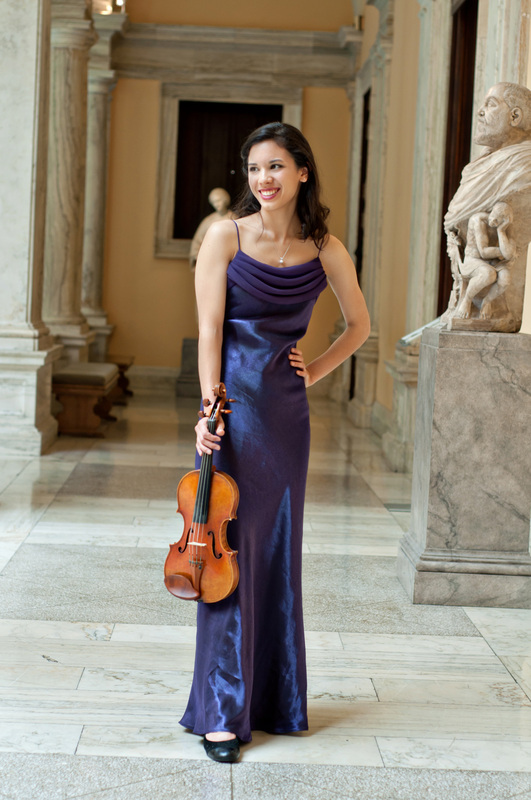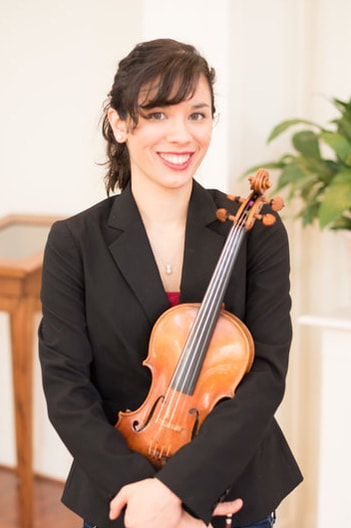- Arrive early and unpack in the hallway. Have your violin and bow out so that you can start your lesson as soon as the teacher opens the door. I know that as a teacher I try to use every single moment of a student's lesson. When you arrive late, even by five minutes, your lesson is shortened by that amount of time.
- Record your lesson. In my studio, I have a Zoom Q3 HD recorder that my students can use to record their lessons - they just have to bring their own memory cards. You may choose to use your phone or your own recording device if your teacher doesn't have one. Pick something that has video, not just audio so you can see exactly what your teacher is talking about. This not only saves time in lessons since you won't have to take excessive notes in the moment, it ensures that you'll be able to watch your lesson as many times as you like to make sure you remember everything your teacher says.
- Schedule your lesson for a day you know you won't have to miss except for an emergency. If school orchestra concerts are always on Tuesdays, that might not be a good day for your lesson, since you know several lessons you might have to miss. Same goes for sporting events or other club meetings. Consistent progress depends on consistent lessons, and having lessons at odd intervals can really throw you off. Not to mention that your teacher has put that specific time aside in their schedule for you and that especially in a large studio, finding a makeup time might be difficult.
- Make the technical fixes your teacher asks for immediately. If your teacher points out that your violin is positioned incorrectly, make a note of that and try to fix it immediately. Same goes for anything pointing out your finger angles, wrist position, bow hold, or how you stand. Even more than learning the notes to a new piece, this is what will make your overall violin playing - and therefore your new piece - better. Strategies for making these technical fixes happen faster include: watching yourself in a mirror, videoing yourself playing and watching it back so you see exactly what you're doing, and playing simple exercises, etudes, or easy pieces to make sure the new technique is incorporated seamlessly into your playing.
- If you want to progress faster, focus on mastering your assigned work, NOT wondering when you'll get to move on. Often I have students ask me, "When will I get to play this piece?" or, "When will I get to start shifting?" My answer is always along the lines of "When you show me you're ready." I don't arbitrarily move people from piece to piece. For me, I will move a student to the next piece when they can play their current piece from memory, with good intonation, no rhythmic errors, a beautiful sound, and doing all the expressive markings and with improved technique. It does no good to fantasize longingly about turning the page in your book to the next piece if you're not learning all the details of your current one. I don't teach students to shift until I see that they have a decently set-up left hand in first position. A better question to ask your teacher is, "What specific things do I need to improve in what I'm working on now before I move on?"
- Complete all instrument repairs and order all music and equipment as soon as your teacher asks for it. If a teacher asks you to purchase something, there's generally a good reason for it. For example, delaying the purchase of a metronome may also inhibit your ability to fix your tendency to rush. If you don't buy the next etude book or piece, you can't start working on it. And if your chin rest needs to be changed in order to improve your technique or relieve tension, delaying that order will only give you more and more days with your old, bad habits. Of course teachers will understand if there is a financial constraint on what you can purchase and in that case you should talk to your teacher and see if they can suggest a less expensive alternative. Otherwise, though, make these purchases quickly in order to move on to the next thing.
- When your teacher asks you to learn a piece, assume that the task is to be completed by the next lesson. If your teacher gives you a new piece, or part of one, you should be able to play all the notes and rhythms correctly by the next lesson. If your teacher asks you to memorize something, it should be memorized by the next lesson - or at the very least you should have made every effort to do so. Everyone learns at different paces, but don't make the mistake of assuming that you have unlimited time to accomplish a task. As a teacher, I have no problems insisting that my students play the same etude or piece for months at a time if they're not working at speed, but students anxious for progress don't always understand why they're not getting something new.
- Take every opportunity for more time with your teacher. If your studio has studio classes where your teacher will be offering more wisdom and opportunities for you to learn, make sure you are there. If your teacher invites you to a public masterclass with them, to observe someone else teach or perform, go. By showing your teacher that you are a dedicated student who wants to learn, they will take you more seriously as a student and maybe even push you a little more.
Hopefully these tips help you get even more out of your violin lessons and inspire your practice! Happy Memorial Day weekend, everyone!




 RSS Feed
RSS Feed